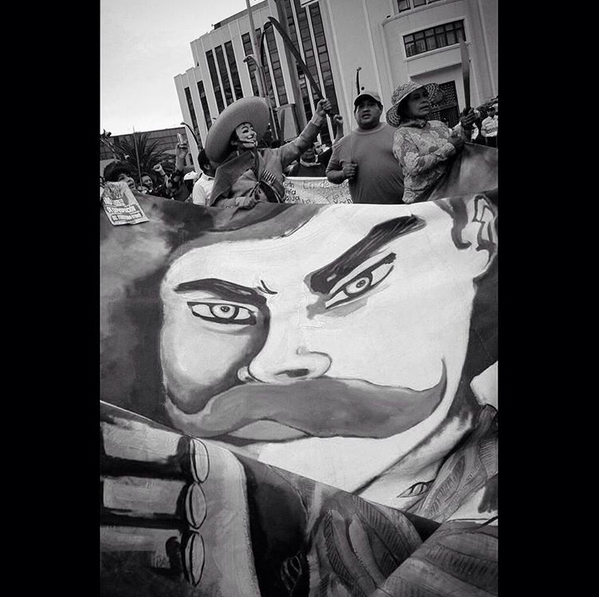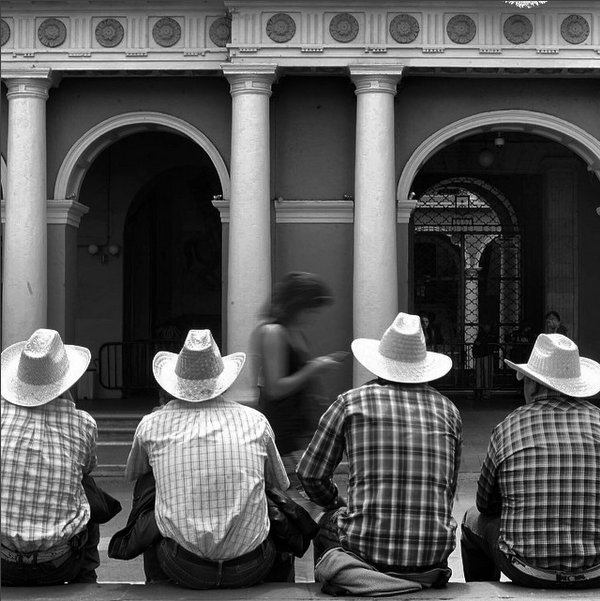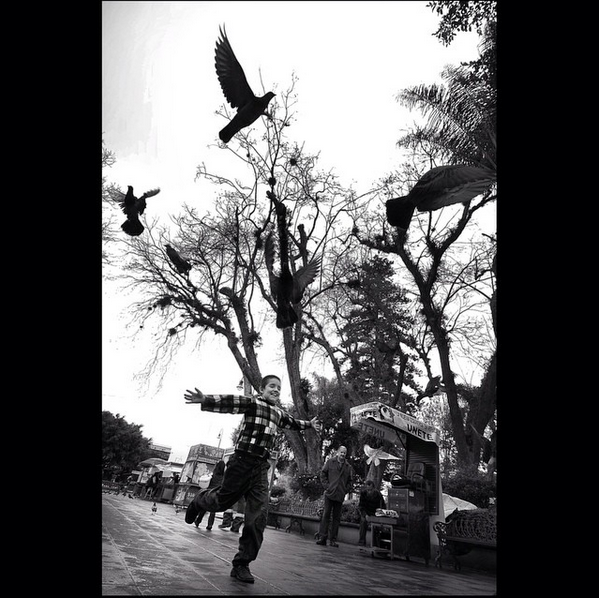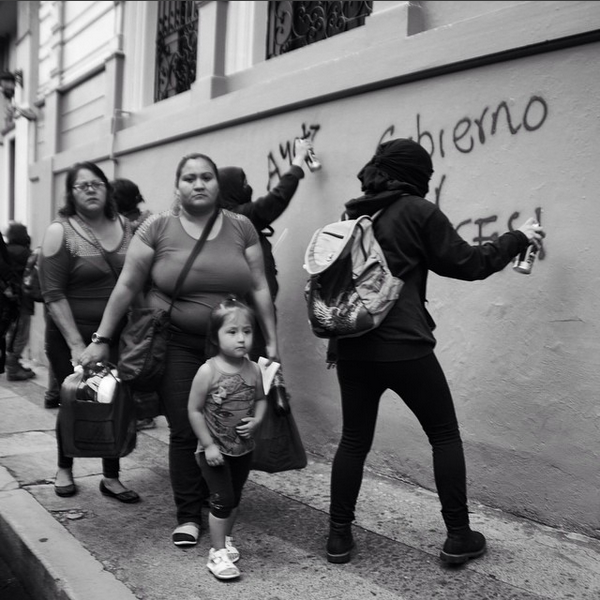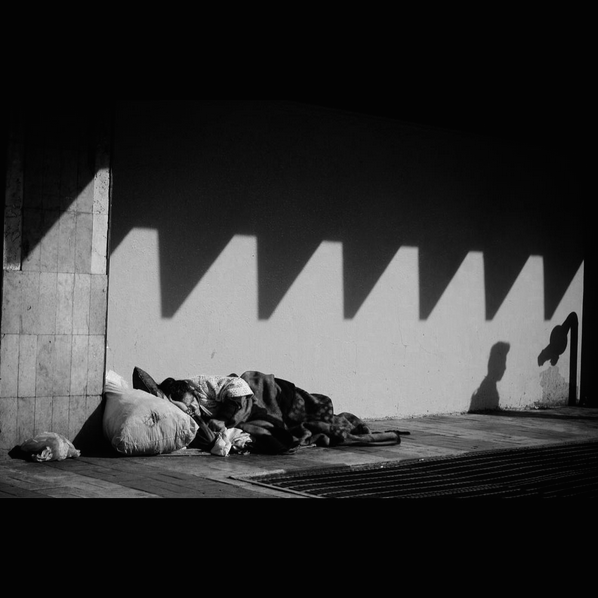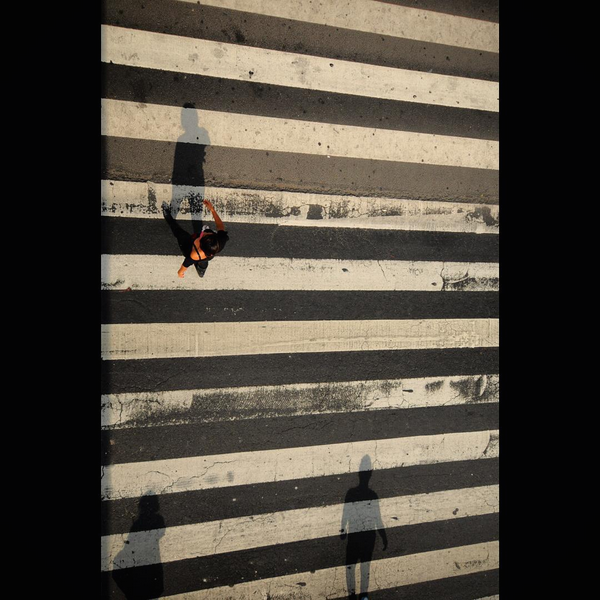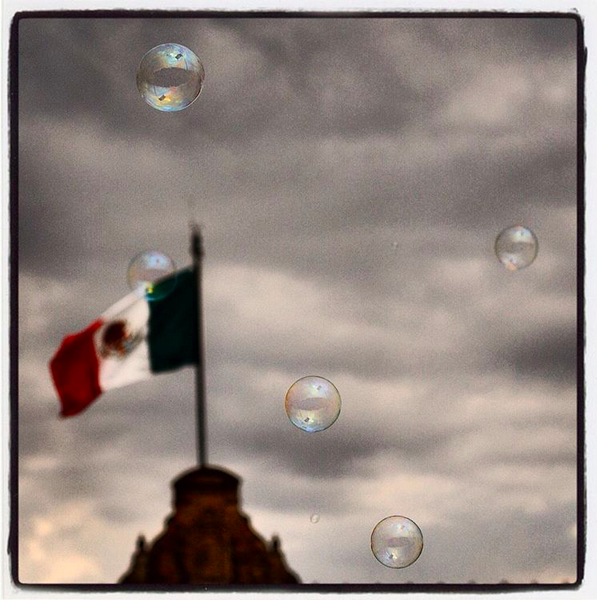Rubén Espinosa
A freelance photojournalist who received death threats in Veracruz, Rubén Espinosa fled to the Mexican capital where he and his colleagues felt certain he would find safe haven.
His murder in Mexico City conjures for me chilling memories of death squad threats and disappearances, targeted murders, and bombings of newspaper offices when I reported on Central America some 30 years ago. In those years of civil war, military-backed authoritarian regimes controlling El Salvador and Guatemala silenced journalists who dared to ask questions. Espinosa’s murder is alarming for reasons beyond simple déjà vu. Mexico was considered a safe haven for refugees, and a country whose daring, intellectually sophisticated and vibrantly opinionated press was the envy of Central American journalists. Those of us who follow events in Mexico have seen the space for pubic debate shrink to the point of disappearance in one region or another. But our image of the nation’s capital may have led to a dangerous denial.
If we are honest those of us who follow Mexico know that for more than a decade democracy there has been losing ground. As Alma Guillermoprieto points out in Mexico: The War on Journalists: Espinosa’s murder upped the ante and the terror felt even by those reporters who have been chronicling these horrors for years from the relative safety of the Mexican capital. And at the same time Espinosa’s murder provoked unprecedented condemnation by journalists, writers, academics, and artists from more than forty countries.
One may see this outcry as reason for hope. Yet, as Francisco Goldman points out in his New Yorker post, the prosecution’s investigation has seemed by turns ill conceived and deliberately obtuse in its refusal to examine obvious lines of inquiry. Carlos Lauria, the senior program director for the Americas at the Committee to Protect Journalists recently told Sin Embargo that the assaults on the Mexican press are “a problem of democracy not a problem of journalists.”
To better understand the situation Mexican journalists face, the Dart Center asked two Dart Ochberg fellows who work in the area of press freedom, Marcela Turati and Javier Garza, for their perspectives. Click here to read the full Q&A.
